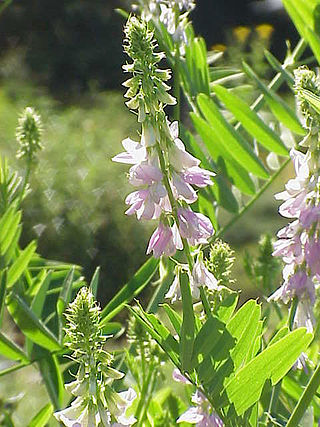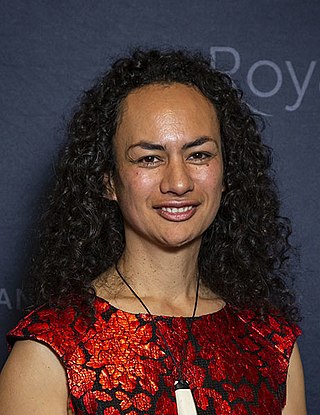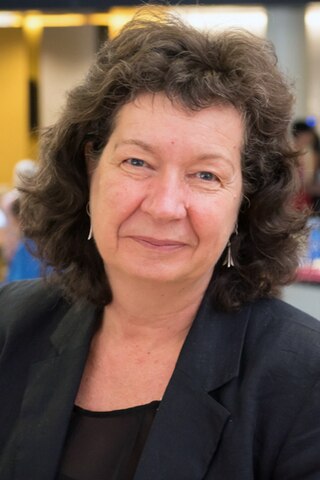
Intellectual property (IP) is a category of property that includes intangible creations of the human intellect. There are many types of intellectual property, and some countries recognize more than others. The best-known types are patents, copyrights, trademarks, and trade secrets. The modern concept of intellectual property developed in England in the 17th and 18th centuries. The term "intellectual property" began to be used in the 19th century, though it was not until the late 20th century that intellectual property became commonplace in most of the world's legal systems.

A patent is a type of intellectual property that gives its owner the legal right to exclude others from making, using, or selling an invention for a limited period of time in exchange for publishing an enabling disclosure of the invention. In most countries, patent rights fall under private law and the patent holder must sue someone infringing the patent in order to enforce their rights.

Bioprospecting is the exploration of natural sources for small molecules, macromolecules and biochemical and genetic information that could be developed into commercially valuable products for the agricultural, aquaculture, bioremediation, cosmetics, nanotechnology, or pharmaceutical industries. In the pharmaceutical industry, for example, almost one third of all small-molecule drugs approved by the U.S. Food and Drug Administration (FDA) between 1981 and 2014 were either natural products or compounds derived from natural products.
Traditional knowledge (TK), indigenous knowledge (IK), folk knowledge, and local knowledge generally refers to knowledge systems embedded in the cultural traditions of regional, indigenous, or local communities.
Balfour Douglas Zohrab was a New Zealand diplomat and public servant.

Ocean Ripeka Mercier is a New Zealand academic specialising in physics and Māori science.

Wendy Larner is a New Zealand social scientist who has focussed on the interdisciplinary areas of globalisation, governance and gender. She has been Vice-Chancellor and President of Cardiff University since September 2023, having previously been provost at Victoria University, Wellington, New Zealand.
Pip Adam is a novelist, short story writer, and reviewer from New Zealand.
Donald Francis McKenzie, FBA was a New Zealand bibliographer and literary scholar. He was professor of bibliography and textual criticism at the University of Oxford from 1989 to 1996.

Biopiracy is the unauthorized appropriation of knowledge and genetic resources of farming and indigenous communities by individuals or institutions seeking exclusive monopoly control through patents or intellectual property. While bioprospecting is the act of exploring natural resources for undiscovered chemical compounds with medicinal or anti-microbial properties, commercial success from bioprospecting leads to the company's attempt at protecting their intellectual property rights on indigenous medicinal plants, seeds, genetic resources, and traditional medicines.

Ema Maria Bargh is a New Zealand academic, and is Professor of Politics and Māori Studies at Victoria University of Wellington.
Nicole Anna Moreham is a professor of law at Victoria University of Wellington in New Zealand. Her research focuses on media law and tort law, and she has a particular interest in privacy. She clerked at the New Zealand Court of Appeal and has taught at the University of Cambridge and Victoria University of Wellington. She was the first legal scholar in New Zealand to be awarded a Rutherford Discovery Fellowship.
Lisa Orloff Clark is a New Zealand mathematician, and as of 2023 is a full professor at Victoria University of Wellington and Head of the School of Mathematics and Statistics. She works in the field of algebra, and also on inquiry-based learning in mathematics education.

Bing Xue is a New Zealand computer scientist, and is a full professor at Victoria University of Wellington, specialising in machine learning, artificial intelligence and data visualisation.
Nicola Anne Hessell is a pakēhā New Zealand academic, and is a full professor at Victoria University of Wellington, specialising in British Romantic literature, and the intersection between Romantic literature and indigeneity.
Joanna Claire Mossop is a New Zealand academic, and is a full professor at Victoria University of Wellington, specialising in the law of the sea, including conservation law, and laws outside national jurisdictions.
Meredith Helena Marra is a New Zealand academic, and is a full professor of linguistics at Victoria University of Wellington, specialising in sociolinguistics and workplace discourse.
Sarah Patricia Hill is a New Zealand academic, and is a full professor at the Victoria University of Wellington, specialising in Italian cultural studies. Hill researches Italian culture, especially the role of photography in culture, and violence and disability in Italian cinema.
Kathryn McKerral Hunter is an Australian–New Zealand academic historian, and is a full professor at the Victoria University of Wellington, specialising in the 19th and 20th century history of New Zealand and Australia, with a particular focus on the social history of the First World War, and the history of hunting in New Zealand. From 2017 until 2022 she was the director of the Stout Centre for New Zealand Studies.
Victoria Jane Mabin, also van den Broek-Mabin, is a New Zealand management academic, and is a professor emeritus at Victoria University of Wellington. Mabin is a Fellow of the UK Operational Research Society and was awarded a Lifetime Achievement Award by the Theory of Constraints International Certification Organization.






